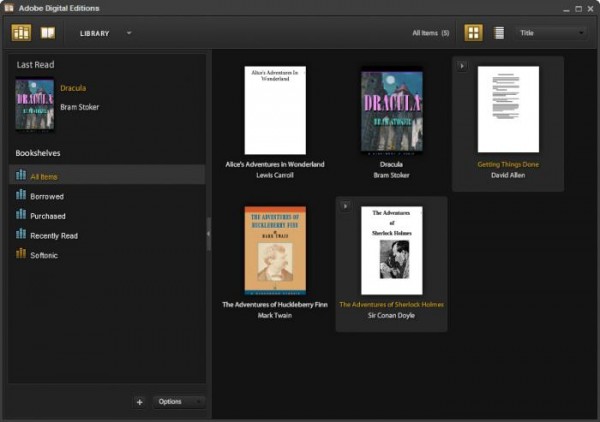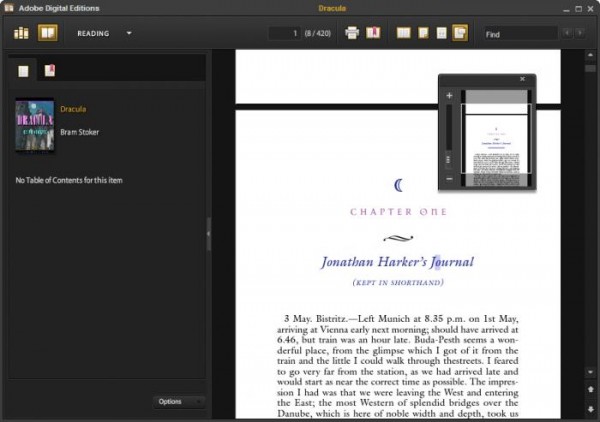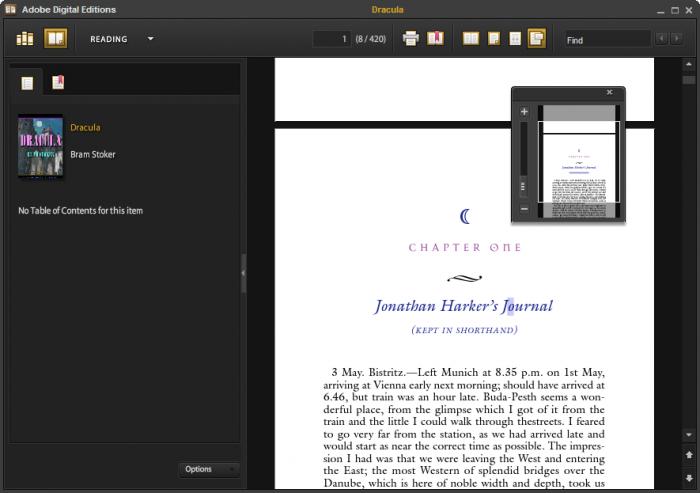
Adobe is gathering data on those who use its Digital Editions e-book reader; a whole lot of data. This currently includes what books are stored in the library, who has been accessing the books, and even how much of the book has been read. The company claims this is part of the measures the e-book reader uses to manage DRM on books, and it wouldn’t be much of an issue if not for the fact that the application is sending all this information back in plain text with no encryption.
Sending plain text information over the internet is seen as a very risky move as it allows third parties to easily eavesdrop on the information and collect it for their own uses. This would include government agencies, internet service providers, and anyone connected to the same public WiFi. It isn’t quite as damaging as an attack vector for malware, but it does raise questions of privacy. Americans are particularly concerned with the revelations as their public library system has been recommending using Adobe Digital Editions for online lending.

Ars Technica and The Digital Reader have both conducted tests on the extent of the data collection and has found it mainly to focus on the e-book library on the computer. The Digital Reader suspects that the application is also scanning the entire hard disk looking for other e-books and transmitting the meta data back to the Adobe server.
Fortunately, this logging of user information appears to only be limited to Adobe Digital Editions 4.0; which means that any user who has not updated to the new version is still safe and has not been spied on as of yet. It is recommended that users who do not want their information collected to stop using Adobe Digital Editions and switch to an alternative.
[Source: The Digital Reader]


